
Second edition of the Multi-Partner Open Innovation program focused on the Blue Economy, promoting strategic challenges from partner companies for global startups to develop innovative solutions and drive the sustainability of the ocean economy.
Check below the list of startups selected for the Bootcamp of the SEAS call and the Cabo Frio City Hall call.
6 Key Themes to Drive Innovation in the Ocean Economy
In this second edition, six strategic themes will be addressed, sponsored by partner companies.
Together with startups, they will develop innovative solutions aligned with the challenges of the Blue Economy, driving the sector’s sustainability and growth.
Each theme includes specific challenges from the participating partner companies.
Check out more details below!
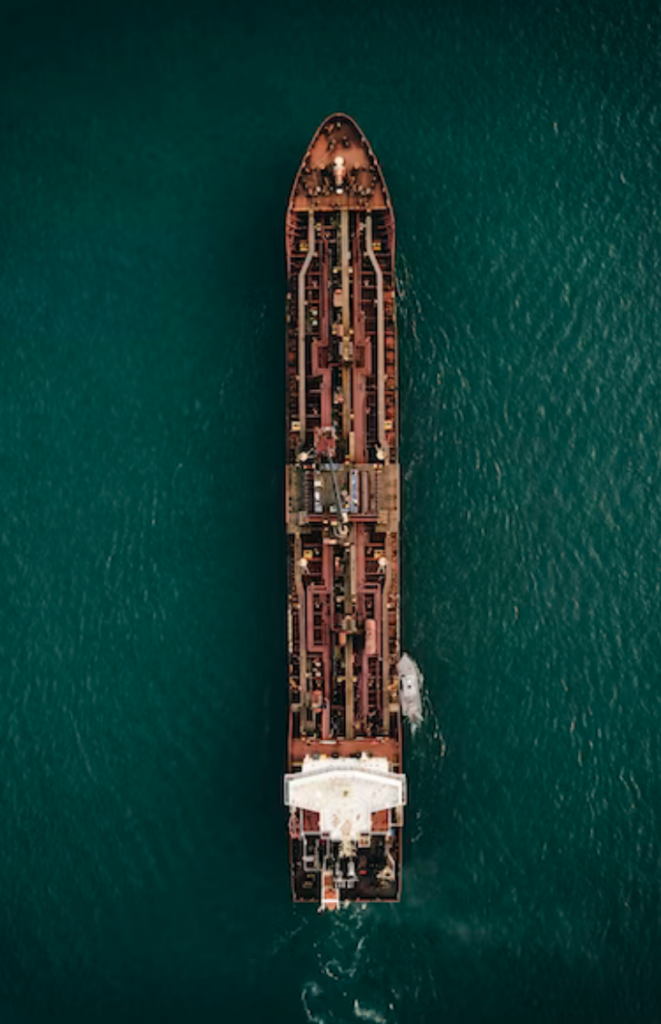




1. Sanitation
Innovative measures to improve sanitation conditions and boost circular economy projects, aiming for more efficient and sustainable waste management.
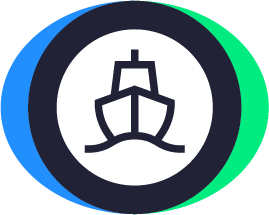
2. Ports, Shipping & Logistics
Innovative solutions to reduce the carbon footprint of ports and ships, promoting more sustainable and efficient maritime transport alongside significant improvements in logistics.
3. Sustainability & Climate
Innovative solutions to promote sustainability and tackle climate challenges, focusing on emission reduction, ecosystem conservation, and transitioning to a low-carbon economy.
4. Sustainable Energy
Transitioning to renewable sources like solar and wind, along with storage systems, to reduce emissions and boost energy efficiency. These actions strengthen resilience and environmental protection, ensuring a sustainable future.
5. Tourism
Blue Economy tourism promotes responsible, ocean-connected experiences like ecotourism, marine life observation, and coastal activities. It focuses on environmental conservation and community development, balancing economic growth with marine protection.
6. Bioeconomy
At the heart of the Blue Economy, bioeconomy transforms marine resources into sustainable solutions, advancing biotechnology, aquaculture, and marine-based products. It balances economic growth with biodiversity preservation and coastal community development.
Prioritized Challenges
Municipal Government of Cabo Frio
25. Sustainable Waste Management and Socio-environmental Inclusion
• How can we structure an effective selective waste collection system adapted to the urban and social realities of Cabo Frio?
• How can we reuse waste such as coconut, glass, and PET in an economically viable way with potential for local scale?
• How can we implement reverse logistics solutions for recyclable waste, especially in regions with limited infrastructure?
• How can we transform waste into new products with added value using accessible and sustainable technologies?
• How can we integrate cooperatives, local communities, and technologies to promote social inclusion through recycling?
• Como podemos integrar cooperativas, comunidades locais e tecnologias para promover inclusão social por meio da reciclagem?
26. Sustainable Coastal and Lacustrine Sanitation
• How can we develop ecological sanitation solutions that are low-cost and adapted to coastal areas with limited infrastructure?
• How can we create compact, sustainable, and efficient sewage treatment systems for tourist vessels?
• How can we prevent the contamination of lagoons and beaches through alternative decentralized sanitation technologies?
• How can we combine innovation in sanitation with environmental preservation to support the achievement of certifications such as the Blue Flag?
• What existing technologies can be adapted or combined for use in coastal and lacustrine environments?
27. Intelligent Management of Tourism, Fishing and Territory
• How can we integrate information on tourism, fishing and land use into a unified, accessible digital platform?
• How can we enhance the tourist experience with digital solutions that organize visitor flows, promote attractions and connect visitors to local services?
• How can we modernize artisanal fishing with technologies that improve fishermen’s energy efficiency, safety and profitability?
• How can we create monitoring and territorial planning systems that help balance the sustainable use of coastal and lacustrine zones?
• How can we support the formalization of informal tourism services so that they operate within regulations, providing greater security, visibility and access to benefits for local providers?
State Secretariat for Environment and Sustainability – SEAS
31. Marine Area Management and Coastal Zoning
• How can we promote continuous and accessible environmental education tailored to the realities of local communities?
• How can we effectively engage residents of urban, peripheral, and coastal areas in the creation and implementation of sustainable solutions?
• How can we facilitate the adoption of environmental practices in daily community life, considering structural and cultural limitations?
• How can we strengthen community leadership in preserving their territories and valuing their environmental knowledge?
32. Technological Gap in Monitoring Infrastructures
How can we modernize and integrate environmental monitoring technologies to ensure faster responses to extreme weather events?
• How can we expand the coverage and accuracy of real-time environmental data collection in coastal and urban areas of the state?
• How can monitoring systems become more accessible and interoperable among public agencies, researchers, and local communities?
• How can innovative technological solutions support risk anticipation and natural disaster management in the context of Rio de Janeiro?
33. Impacts of Climate Change on Natural Resources
How can we more effectively monitor and forecast the impacts of climate change on coastal and water ecosystems?
• How can we encourage the use of nature-based solutions to mitigate the effects of climate change in the state?
• How can we engage local communities and productive sectors in adapting to new climate conditions?
• How can we promote the integration of environmental data to support public policies and business decisions in the face of climate change?
34. Environmental Education and Community Sustainability
How can we promote continuous and accessible environmental education tailored to the realities of local communities?
• How can we effectively engage residents of urban, peripheral, and coastal areas in the creation and implementation of sustainable solutions?
• How can we facilitate the adoption of environmental practices in the daily lives of communities, considering structural and cultural limitations?
• How can we strengthen the leadership of communities in preserving their territories and valuing their environmental knowledge?
Cross-Cutting Challenges
Challenges with cross-cutting themes involving more than one partner. You will have the opportunity to connect with multiple partners and develop an innovative PoC (Proof of Concept)!
35. Open Environmental Monitoring Data with Private Sponsorship
How can we organize environmental monitoring data in an open-access portal, supported by private sponsors?
Partners: Ocean Pact, Wilson Sons, CAERJ e Porto Sudeste
36. Sludge Reduction and Treatment in Sanitation Plants
How can sludge production be reduced and the generated sludge treated, considering the different existing types (WTP sludge, WWTP sludge, and mixed sludge)?
Partners: Águas do Rio, SEAS, Ocean Pact, Cabo Frio
37. Sustainability in Traditional Fishing and Valorization of Local Products
How can we implement sustainable traditional fishing practices and enhance the value of local products associated with this activity?
Partners: SEAS, Cabo Frio, MVAG
38. Energy Efficiency and Fuels from Waste
How can we produce fuel from waste? And how can we apply data-driven energy efficiency solutions to reduce operational costs?
Partners: Galp, Porto do Açu, Águas do Rio, CAERJ, Wilson Sons
39. Carbon Stock Measurement in Coastal Ecosystems
How can we develop methodologies to measure carbon stock in coastal ecosystems?
Partners: SEAS, Ocean Pact, MVAG, Cabo Frio, Porto do Açu, GALP
40. Streamlining and Communication in Foreign Trade
How can we find solutions to improve communication and reduce bureaucracy in import and export processes?
Partners: Ocean Pact, Wilson Sons, CAERJ, Porto Sudeste
41. Operational Sustainability and Energy Generation
How can we generate energy from our operations without operational impact, in a viable way? How can we make operations more sustainable?
Partner: Cabo Frio
Desafios SEAS
Desafios da Secretaria de Estado do Ambiente e Sustentabilidade.
Como uma parceria entre diferentes organizações pode impulsionar a criação de um observatório de águas, consolidando todas as informações de monitoramento ambiental do estado do Rio de Janeiro em uma plataforma integrada?
Como utilizar a infraestrutura já existente (fibras óticas, por exemplo) para o desenvolvimento de um sistema de monitoramento eficiente e de baixo custo que permita prever e alertar sobre o risco de deslizamentos de terra nas cidades do Estado do Rio de Janeiro?
Como utilizar mapeamento aéreo e tecnologias inovadoras para otimizar o fluxo da licença do Cadastro Ambiental Rural (CAR), bem como aplicar inteligência artificial para identificar pendências e passivos ambientais de forma eficiente
Como promover uma cultura de valor e ampliar a divulgação de programas realizados pela SEAS, visando disseminar a cultura marítima para a população fluminense?
WHY PARTICIPATE?
GLOBAL INNOVATION
FINANCIAL SUPPORT
NEW MARKETS
How It Works?
Access the Blue Rio Call for Proposals, the Open Innovation Program for the Blue Economy.
Call for Applications
1st Call
05/19 to 06/30
2nd Call
07/21 to 08/24
Application Evaluation
1st Call
until 07/06/2025
2nd Call
08/25 to 08/29
Online Pitch
1st Call
07/14 to 07/16
2nd Call
09/01 to 09/05
BootCamp
1st Call
12/08 to 15/08
2nd Call
08/29 to 10/03
Selected Startups Pilots (PoCs)
1st Call
from 09/01
2nd Call
from 10/20
Demo day
1st and 2nd Call
to be defined
Resultado desta etapa:
Program Organizer
Government of the State of Rio de Janeiro, in partnership with:
State Secretariat for Environment and Sustainability of Rio de Janeiro (SEAS)
The State Secretariat for Environment and Sustainability (SEAS) is a first-level agency within the administrative structure of the State of Rio de Janeiro. Its main executive arm is INEA, which is responsible for protecting, conserving, and restoring the state’s environmental heritage, in support of sustainability. SEAS is a leading environmental management body and plays a strategic role in the state’s development, supported by a highly qualified professional team.

Challenge Partners


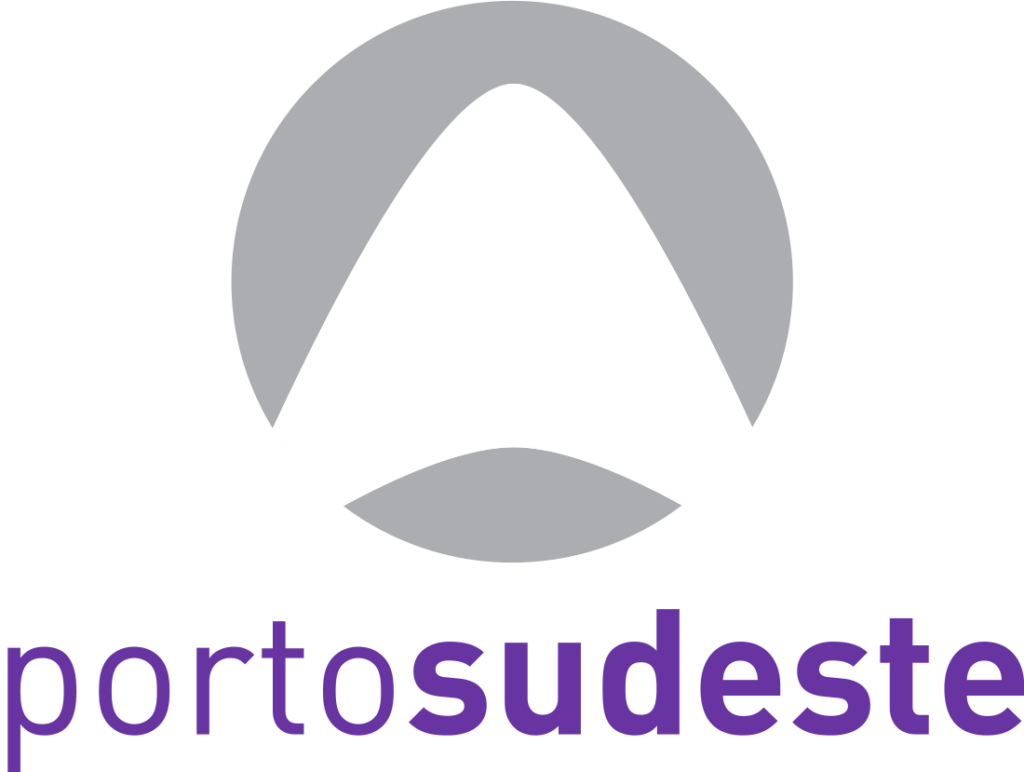

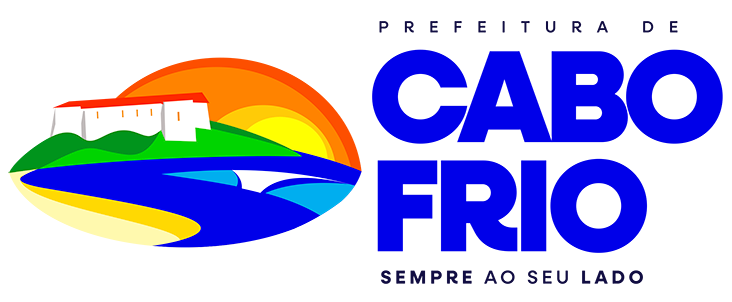
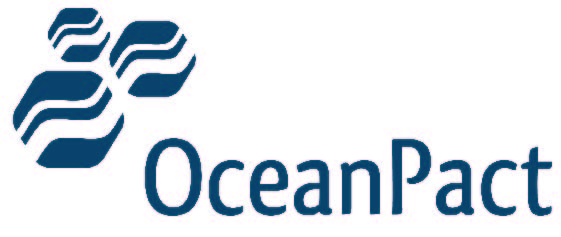


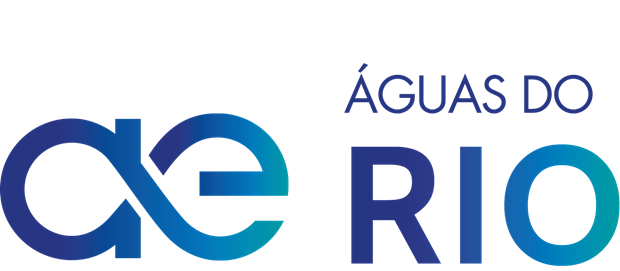
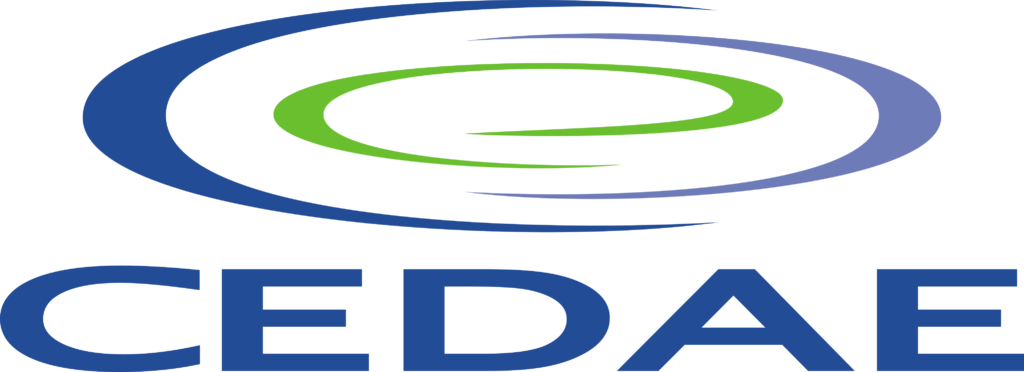
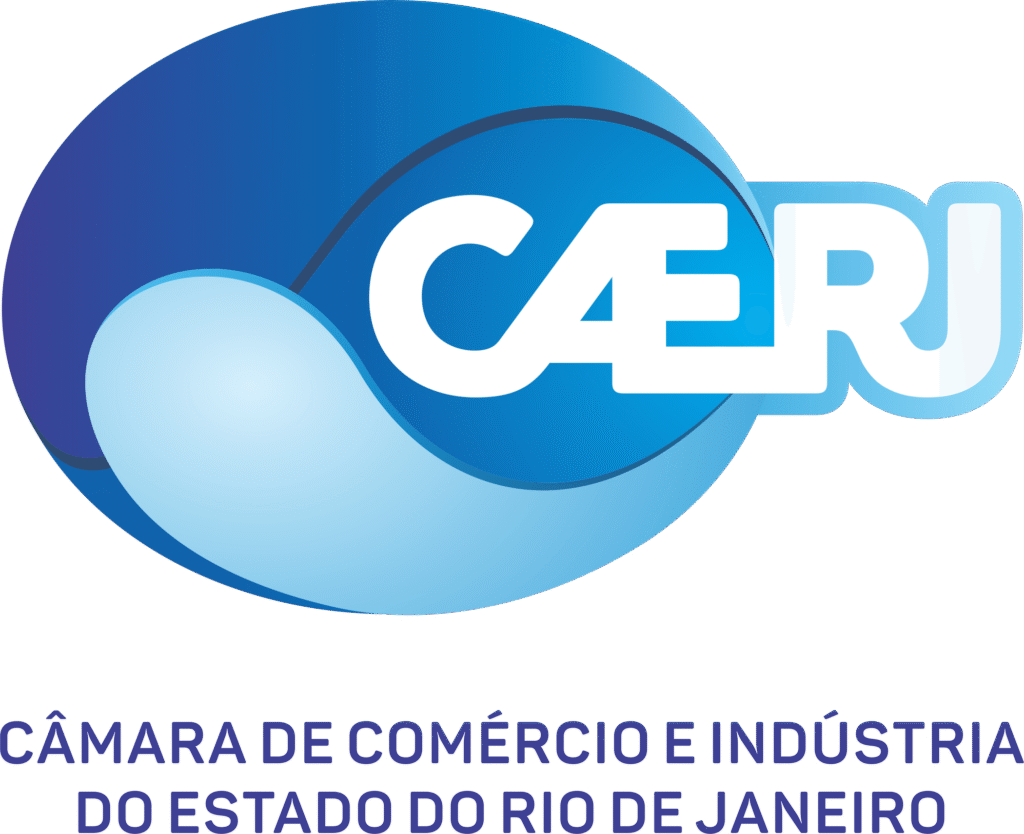
Program Partner
Beta-i Brasil
Collaborative Innovation Consultancy
Open Innovation Program for the Blue Economy:
The Government of the State of Rio de Janeiro has launched the second edition of the Collaborative Blue Economy Program in Latin America, alongside several partners and the innovation consultancy Beta-i Brasil.
The Blue Economy refers to the sustainable and responsible use of marine resources to create jobs, stimulate sustainable economic growth, and promote environmental preservation.
The goal of BlueRio is to engage innovative startups to address a wide range of challenges across six major impact areas: Sanitation, Ports, Shipping & Logistics, Sustainability & Climate, Sustainable Energy, Tourism, and Bioeconomy.
The initiative seeks to promote socioeconomic development in the State of Rio de Janeiro and, most importantly, to spread the Blue Economy concept across society and create opportunities to connect companies with startups from around the world.

Contact Us
If you have any questions or want to learn more about Blue Rio, feel free to reach out to us via the email below.
© 2023 All Rights Reserved.

